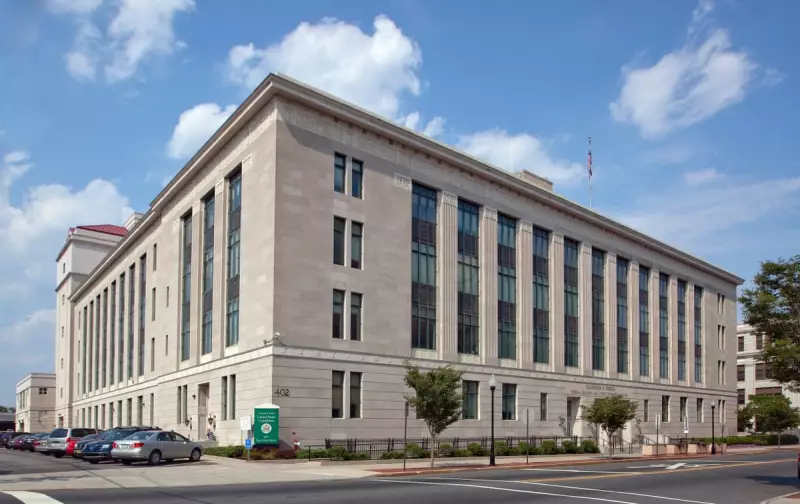
In a move that has sent shockwaves through political and legal circles, former President Donald Trump has exercised his pardon powers in a highly unusual context, granting clemency to a New Jersey man convicted of fraud. The decision, announced on Tuesday, represents one of the most controversial uses of presidential pardon authority in recent memory.
The Controversial Pardon Decision
The recipient of this unexpected presidential mercy is James Hunter, a New Jersey businessman found guilty of multiple fraud charges. Hunter's conviction stemmed from a sophisticated scheme that defrauded investors of millions through false promises and misrepresented business ventures. The case had been widely followed in financial crime circles for its complexity and scale.
What makes this pardon particularly noteworthy is its timing and circumstances. Unlike most presidential pardons that typically follow established Justice Department protocols and review processes, this decision appears to have bypassed conventional channels. Legal experts note that the pardon was granted without the standard recommendation from the Office of the Pardon Attorney, raising questions about the decision-making process behind it.
Legal and Political Implications
The announcement has ignited fierce debate among constitutional scholars and political commentators. Many are examining the broader implications for presidential power and the established norms surrounding clemency decisions. The pardon power, while broad, has traditionally been exercised with consideration for established legal procedures and precedent.
Critics have been quick to voice their concerns. Several prominent legal authorities have questioned whether this decision sets a dangerous precedent for the use of presidential pardon authority. The lack of transparency surrounding the justification for the pardon has particularly troubled observers who monitor executive power abuses.
Supporters of the decision, however, argue that the presidential pardon power is intentionally broad to allow for corrections in what the executive branch might perceive as injustices in the legal system. They maintain that the constitution grants this authority without requiring explanation or justification to other branches of government.
Broader Context and Reactions
The political fallout has been immediate and intense. Opposition politicians have condemned the move as an abuse of power, while supporters have praised it as a legitimate exercise of presidential authority. The case has also drawn attention to the wider discussion about pardon reform and whether current safeguards are sufficient to prevent potential abuses.
Victims of Hunter's fraud scheme have expressed outrage at the decision, with several planning to challenge the pardon through legal channels. Their legal representatives have indicated they will explore every available avenue to contest what they describe as a miscarriage of justice that undermines their clients' suffering.
As the story continues to develop, all eyes remain on how this unprecedented use of pardon power might influence future presidential actions and whether it will prompt legislative efforts to reform the clemency process. The case serves as a potent reminder of the extensive powers vested in the American presidency and the ongoing debates about their appropriate limits.





